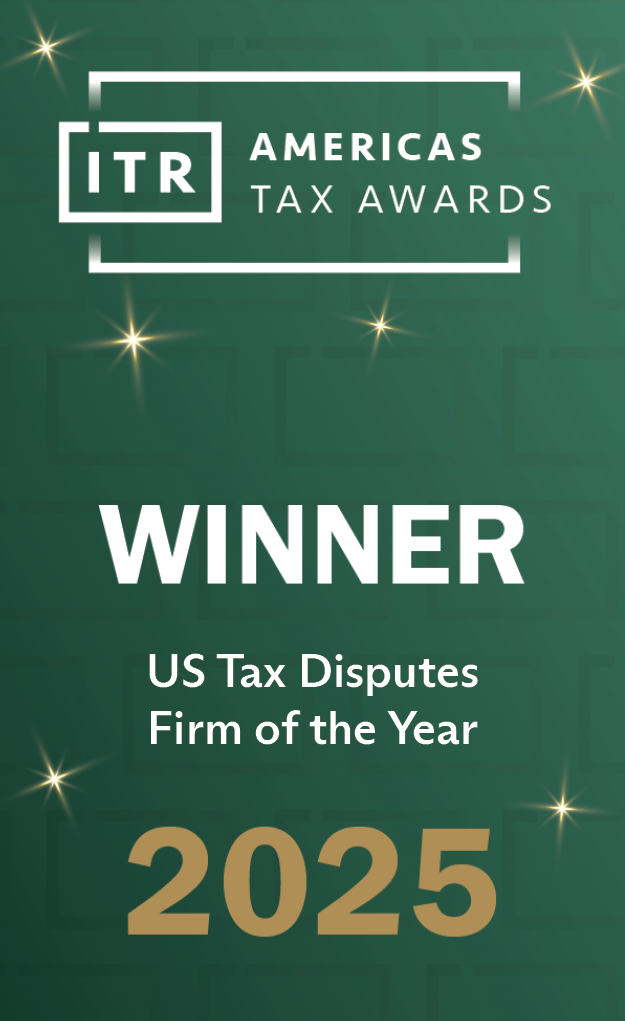Over the years, case law has developed around when a mail delivery method is acceptable to prove that a tax filing was made.
The US Court of Appeals for the Fourth Circuit’s recent decision in Pond v. United States[1] addresses how a taxpayer can prove delivery of a filing where the Internal Revenue Service (IRS) disputes physical delivery.
Stephen Pond, the taxpayer, filed two claims for refund in the same envelope. One claim pertained to his 2012 tax year and the other pertained to his 2013 tax year. The government acknowledged receipt of Pond’s 2012 claim. An IRS agent contacted Pond for more information in September 2017, after which Pond faxed a duplicate copy of his 2012 claim for refund but not his 2013 claim. In March 2018, the government issued a refund to Pond for his 2012 claim. However, after receiving no response about his 2013 claim, Pond again contacted the IRS. The IRS could not locate his claim for refund, so he faxed a duplicate copy of the 2013 claim.[2] Pond later received a “Notice of Denial” from the IRS informing him that it denied his 2013 claim for refund because the statute of limitations on claiming a refund or credit had expired.
Pond filed a refund suit in US federal district court, where the court dismissed his claim pursuant to Federal Rule of Civil Procedure 12(b)(6) for failure to allege facts upon which the court’s subject matter jurisdiction could be based. Stated differently, assuming all reasonable inferences in favor of the taxpayer, the district court ruled that the taxpayer’s pleadings did not sufficiently establish that he timely filed his 2013 claim for refund, a statutory requirement for the district court to have jurisdiction.
IRC Section 7502(a) creates a presumption of timeliness if a mailing sent by US Mail is postmarked before the deadline.[3] IRC Section 7502(c) creates a presumption of delivery, but only if the mailing is sent by US Postal Service (USPS) registered or certified mail.[4] Unfortunately, Pond sent his refund claims via USPS first-class mail, rather than registered or certified mail. Thus, he was not entitled to the presumption of delivery under IRC Section 7502. Further, according to the Fourth Circuit (and consistent with case law in the Second and Sixth Circuits), Pond could not rely upon federal common law principles because IRC Section 7502 supplanted the common law rule.[5] Thus, Pond needed more than the postmark alone to establish that he actually filed his 2013 claim for refund. He had to show that the claim for refund was physically delivered.
Nonetheless, Pond was entitled to present evidence to establish physical delivery. The Fourth Circuit cited three factual allegations that could establish a triable issue of fact. First, the envelope he claimed included the claim for a refund was postmarked. Although this fact is not sufficient in the case of mail sent by means other than USPS registered or certified, it was still evidence of delivery. Second, Pond alleged that the 2012 and 2013 claims for refund were sent in a single envelope, and the IRS issued a refund for his 2012 tax year. Third, the IRS letter denying Pond’s 2013 claim for refund listed July 17, 2017—the day before the envelope was postmarked—as the date the claim was received.[6] These allegations were sufficient to state a claim, and so the district court’s order of dismissal was vacated.
Practice Point: Pond provides support for the position that a taxpayer can establish physical delivery through extrinsic evidence in a worst-case scenario. More importantly, however, Pond serves as a reminder to follow best practices when filing time-sensitive documents with the IRS. Taxpayers and their representatives should be sure to file documents with the IRS using USPS certified or registered mail (preferably requesting a return receipt) or an accepted private delivery service (e.g., FedEx First Overnight) and should save copies of the dates on which the filings were mailed. Further, to avoid IRS processing errors (the costs of which are often borne by taxpayers) taxpayers should consider filing separate documents in separate envelopes. As Pond has learned, the extra mailing costs are worth it.
__________________________________________________________________________________
[1] 69 F.4th 155 (2023).
[2] By this point, the statutory period in Internal Revenue Code (IRC) Section 6511 to file a claim for refund had expired.
[3] However, a dated postmark is frequently not provided unless sent by USPS registered or certified mail.
[4] Private delivery services, like FedEx and UPS delivery, are included in the deemed delivery paradigm. See, e.g., IRC Section 7502(f). The IRS maintains a list of acceptable private delivery services on its website. See https://www.irs.gov/filing/private-delivery-services-pds.
[5] Interestingly, the Fourth Circuit held, in a footnote, that Treasury Regulation § 301.7502-1(e) was invalid because the statute was unambiguous. This holding had little effect on the case itself, but the footnote raises additional questions on the deference to which regulations are entitled.
[6] The Fourth Circuit acknowledged that this fact could be interpreted a number of ways, but the important thing was that it could suggest that the IRS received a claim for refund within the limitations period.







